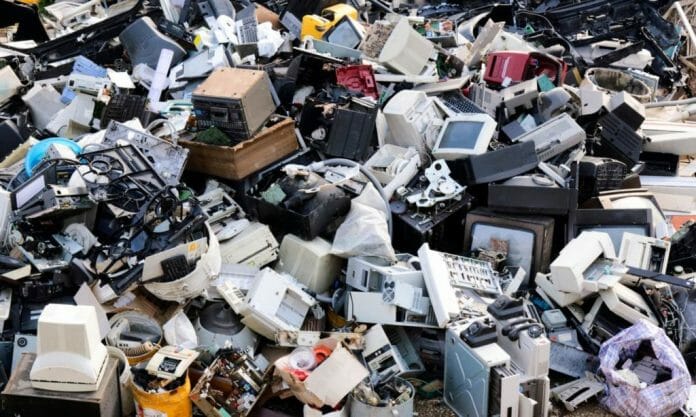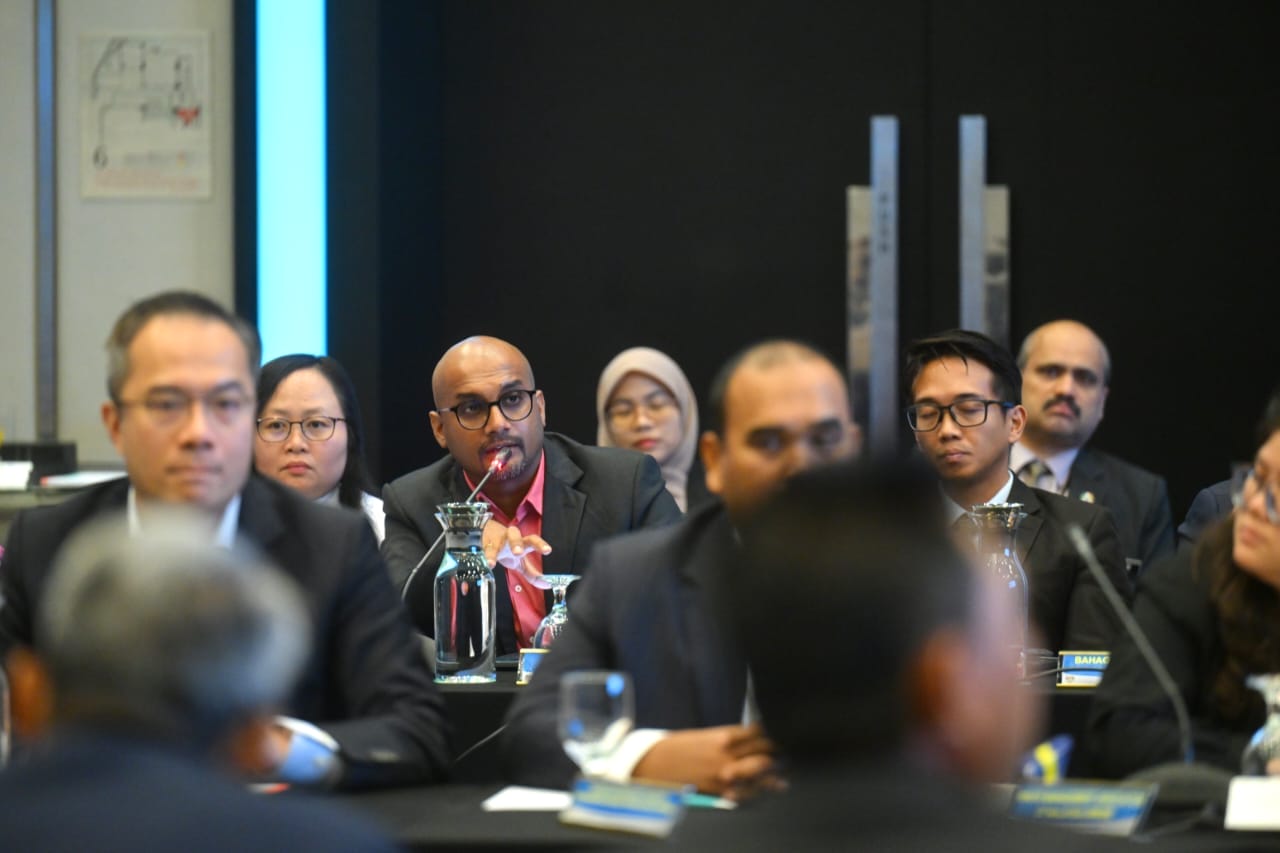The National Circular Economy Council (NCEC) has agreed to a legislative transformation to ensure the circular economy for solid waste management can operate smoothly nationwide.
National Circular Economy Council (NCEC) member Dr S. Sri Umeswara told BusinessToday on Thursday (May 2): “The government will take note of the need for incentives to encourage the involvement and contribution of this sector to the country’s recycling industry. Strengthening the involvement of this group (including informal workers) is expected to unlock new job opportunities and increase income for this target group.”
Asked on does the legislative transformation benefit Malaysia, Umeswara said the National Circular Economy Council (NCEC) has agreed on the proposed / presented as per the list below:
i. Strengthening of NCEC Governance
ii. Proposed Drafting of a New Act Related to the Circular Economy for Solid Waste
iii. Initiatives to Improve the Role of PBT (local councils) in Increasing National Recycling Rates
iv. The use of Material Flow Analysis (MFA) as a Method Calculation of National Recycling Rate
v. Integrating Waste Informal Workers & SMEs into the Economy Solid Waste Recycling in Malaysia
vi. ii. The Role of Industry in Driving the Implementation of EPR in Malaysia
The NCEC technical committee comprising cross-ministries, government agencies and industry players will work hand in hand towards a closed-loop system where products and materials are recycled, repurposed, or remanufactured to create new products. This ensures that maximum value is extracted from materials, minimizing the need for raw resources and reducing waste.
This will involve everyone in the supply chain beginning from raw material supply, product design, manufacturing, distribution, retailers, consumers, waste collectors, recyclers, etc.
“The circular economy systems ensure that materials are salvaged at the end of a product’s life cycle. This reduces the amount of waste sent to landfills or incinerators. Circularity results in lower greenhouse gas emissions. By utilizing recycled materials and reducing the need for energy-intensive extraction and manufacturing processes, the carbon footprint associated with production decreases,” Umeswara said.
A circular economy presents several environmental advantages, such as it reduces the extraction of raw materials. By utilising reclaimed and recycled materials, the demand for raw resources diminishes, reducing the environmental impact caused by extraction processes.
Circular economy has benefits that go beyond just the environment. A major advantage is the ability to save costs by being resource efficient. Manufacturers can lessen their reliance on pricey raw materials by reusing them and setting up closed-loop systems. These changes can result in significant cost savings and higher profitability.
Circular economy can create new job opportunities in the recycling and remanufacturing sectors. With the increasing demand for recycled materials and remanufactured goods, skilled workers are needed to meet the demands of this growing industry. This will lead to job growth and contribute to a more sustainable economy.
In a statement recently, the Housing and Local Government Ministry (KPKT) pointed out that the transformation is necessary because the existing legislation is insufficient to implement a holistic circular economy.
“Therefore, there is a need to conduct a study for the drafting of Circular Economy bill to develop a more specific and comprehensive act that covers the product lifecycle from production to post-consumer products that can be adopted by all states,” the statement read.
A recent inaugural meeting, chaired by Housing and Local Government Minister Nga Kor Ming and was attended by representatives of relevant ministries, including state authorities, industry players and other stakeholders.
According to KPKT, solid waste management in Malaysia is regulated by the Solid Waste and Public Cleansing Management Act 2007 (Act 672) and the Local Government Act 1976 (Act 171).
NCEC also agreed to intensify efforts to boost the national recycling rate by empowering the role of local authorities and garnering support from the industry to accelerate the transition towards a circular economy, according to the statement.
It also decided that KPKT and the industry should join forces to study Material Flow Analysis in calculating the national recycling rate, starting with the plastic commodity sector before expanding to other commodities such as metal, paper, textile and so on to improve data collection and reporting methods for a more comprehensive depiction of circular economy performance in Malaysia.
According to KPKT, NCEC acknowledges the need for informal workers and small and medium enterprises to spur recycling activities, with further research to be conducted in collaboration with the industry.
“The government will take note of the need for incentives to encourage the involvement and contribution of this sector to the country’s recycling industry. Strengthening the involvement of this group (informal workers) is expected to unlock new job opportunities and increase income for this target group,” it added.
NCEC also called on all parties to play a role in managing post-consumer products efficiently and effectively to ensure that solid waste management remains effective and sustainable through the Extended Producer Responsibility (EPR).
“EPR is a crucial mechanism to accelerate the comprehensive transition to a circular economy. In this regard, KPKT will engage with retailers and general merchandise companies soon to discuss proposals regarding the phasing out of single-use plastic bags,” it added.










